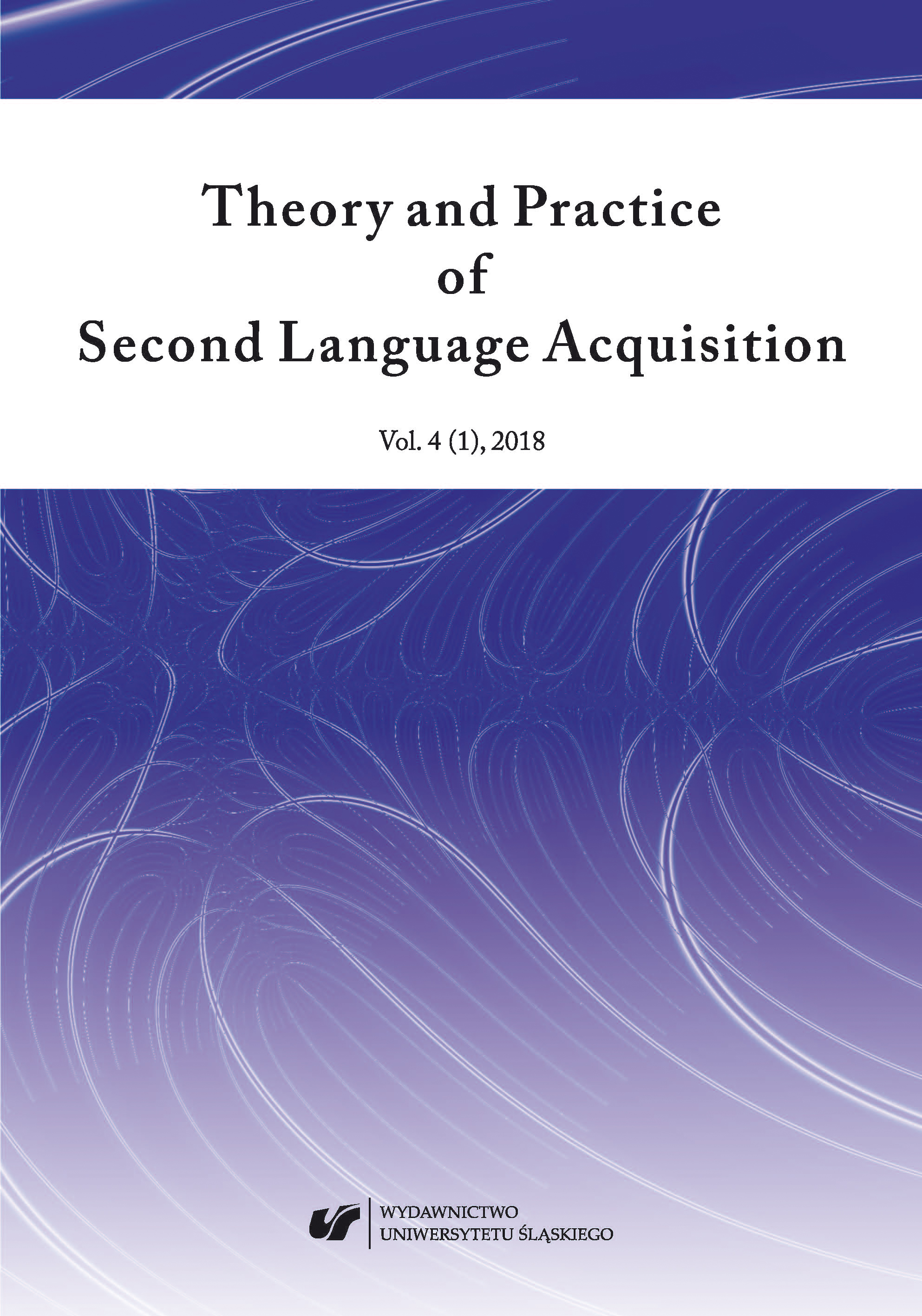Social Constraints of Aspirations for Second Language Achievement
Social Constraints of Aspirations for Second Language Achievement
Author(s): Joanna Rokita-JaśkowSubject(s): Language and Literature Studies, Foreign languages learning, Theoretical Linguistics, Applied Linguistics, Language acquisition, Sociolinguistics, Adult Education
Published by: Wydawnictwo Uniwersytetu Śląskiego
Keywords: foreign language; young adults; educational aspirations; social background
Summary/Abstract: Educational aspirations are defined as “educational goals students set for themselves” (Trebbels, 2015, p. 37). They are widely studied in psychological and sociological research, in which it was found that, firstly, aspirations form in late adolescence and early adulthood, and secondly, their goal and level (i.e., high vs. low) are determined by the social environment they come from, that is, their family background, peer and school influence. The paper presents the results of the qualitative study, in which 56 students of English philology in one of the vocational schools in the south of Poland expressed their aspirations in reference to their future foreign attainment and associated vocational goals. The results showed that in the majority of cases the aspirations are not so high and fully-formed, which, it is hypothesized, is rooted in the social background the students come from.
Journal: Theory and Practice of Second Language Acquisition
- Issue Year: 1/2018
- Issue No: 4
- Page Range: 49-67
- Page Count: 19
- Language: English

